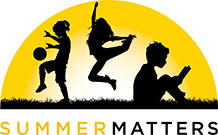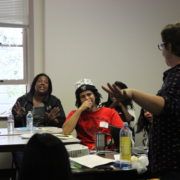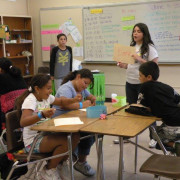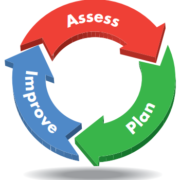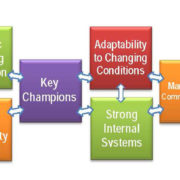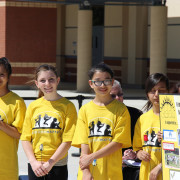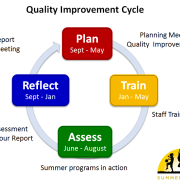End of Summer Program Reflection
Meeting Objectives to:
Celebrate the accomplishments of program
Generate solutions to common program challenges
Share programs best practices
Apply a strategic management model to turn data into action plans
Determine root causes of performance gaps and develop strategic responses
Meeting Outcomes:
Participants have identified actions and ideas to improve their program in 2017
